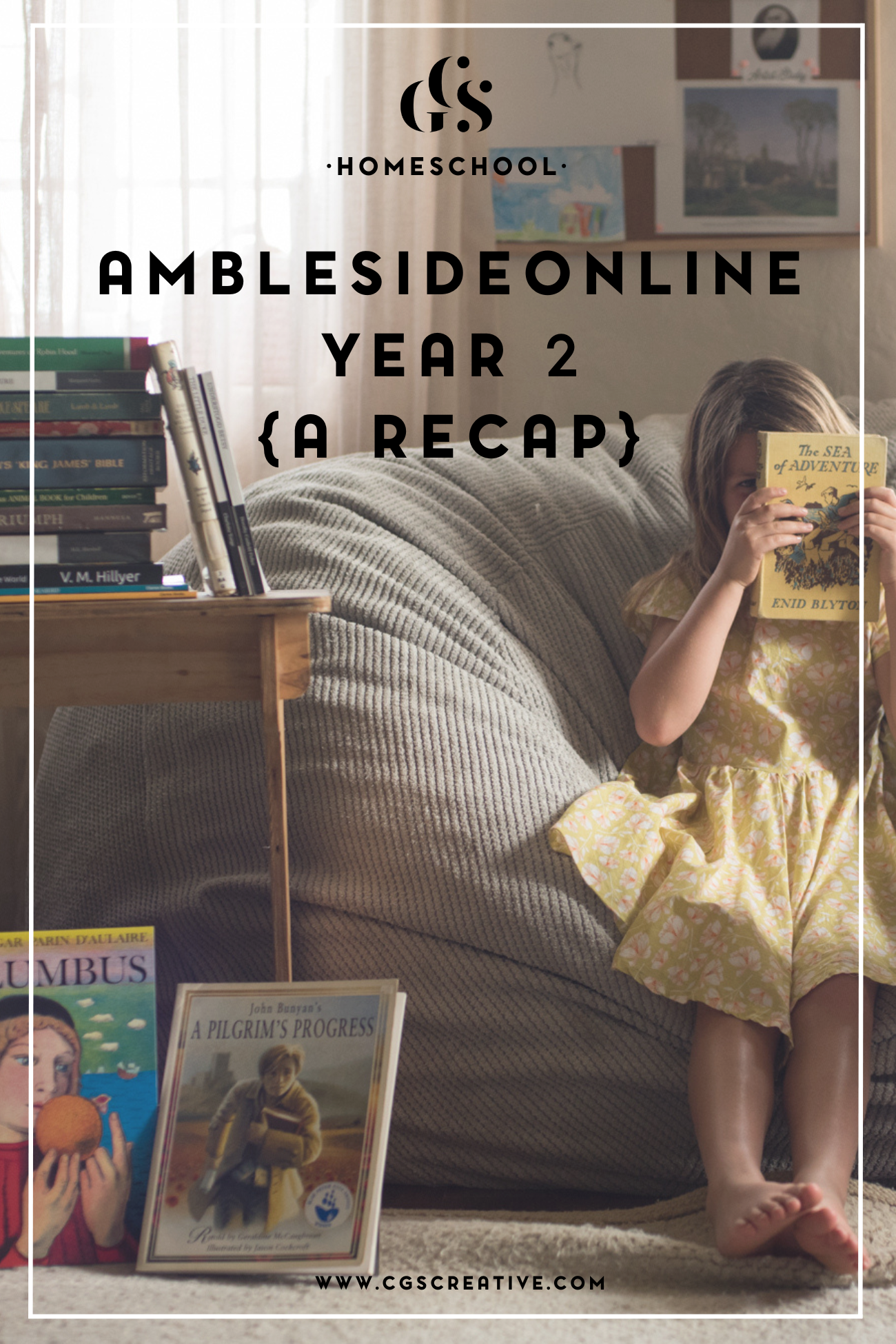Whose got your vote South Africa??
/
**the following information was all I could find on the parties represented in the National Assembly of Parliament. Thanks to SouthAfrica.info for all the, uhh, info**
South Africa's Parliament is made up of two houses: the National Assembly and the National Council of Provinces. The National Assembly is the more influential, passing legislation and overseeing executive performance. Its members are elected for a term of five years.
All South African citizens over the age of 18 eligible to vote, if they register to do so. So far, South Africa has had fully inclusive democratic elections in 1994, 1999, 2004 and 2009. Before 1994, only white South Africans were allowed to vote for the national government.
Here's a quick summary of the history and policies of South Africa's major political parties – including one not officially represented in Parliament, and one that no longer exists but is important historically.
African National Congress (ANC)
- 264 seats in the National Assembly
- Website
- 264 seats in the National Assembly
- Website
ANC policy is to increase economic growth and reduce poverty. The Freedom Charter remains the party's basic policy document. Adopted in June 1955 by the ANC and its allies, the charter lists principles upon which a democratic South Africa should be built.
- meeting the people's basic needs, such as housing, water and electricity;
- developing the country's human resources;
- building the economy; and
- democratising state institutions and society.
Democratic Alliance (DA)
- 67 seats in the National Assembly
- Website
In the 1980s the party increased its Parliamentary seats to seven. Among the new MPs was Tony Leon, who became DP leader in 1996, introducing a more aggressive approach to opposition politics.
In 2000 the DP joined forces with the New Nationalist Party to form the Democratic Alliance (DA). But the NNP withdrew from the pact in late 2001, and was disbanded in 2004. Leon resigned as party head in 2007, to be replaced by Helen Zille.
The DA seeks to promote:
- a prosperous, open-opportunity society in which every person is free and equal before the law;
- a spirit of mutual respect, inclusivity and participation among the diverse people of South Africa;
- a free enterprise economy driven by choices, risks and hard work; and
- a vigorous, critical and effective opposition that is loyal to the constitutional order and promotes the well-being of the country.
Congress of the People (Cope)
- 30 seats in the National Assembly
- Website
Cope was launched in at the November Convention held in Johannesburg in 2008. Its prominent founding members include Mosiuoa Lekota, the former minister of defence who resigned from the Cabinet after Mbeki stepped down, as well as former Gauteng Premier Mbhazima Shilowa, former Congress of South African Trade Unions president Willie Madisha, and Barney Pityana, the vice-chancellor and principal of the University of South Africa.
At the November Convention, Cope adopted the following principles in its declaration:
- Supremacy of the Constitution.
- Building social cohesion based on values we can all defend.
- Freedom and equality before the law.
- Participatory democracy.
Inkatha Freedom Party (IFP)
Inkatha Freedom Party (IFP)
- 18 seats in the National Assembly
- Website
The IFP supports the government's Gear macroeconomic strategy, but argues that it has been introduced in too tentative and piecemeal a manner. The party argues for revitalising the economy through a "re-prioritisation" of economic policy, based on four pillars:
- attracting increased levels of direct fixed investment;
- facilitating the competitive development of business in South Africa;
- managing the high expectations and demand for social delivery; and
- introducing more cost-effective fiscal management in government.
Independent Democrats (ID)
- Four seats in the National Assembly
- Website
De Lille has gained massive support for her forthright stand against corruption. A 2004 survey revealed her to be South Africa's favourite opposition politician.
With the motto "Back to Basics", the ID's policies are fairly centrist. The party is at one with the ANC on the economy, health and jobs, although De Lille outspokenly differed with the ANC's earlier policies on HIV/Aids.
In the 2004 survey, De Lille was found to be the most trusted politician among coloured voters and was second favourite in the white and Indian communities. The ID is seen to have attracted former DA supporters, people disillusioned with that party's ill-fated alliance with the NNP.
United Democratic Movement (UDM)
- Four seats in the National Assembly
- Website
The UDM sees itself as a contender for power with the ANC. Holomisa says his party is aiming to become an alternative government. His party campaigns around issues which it believes the government is handling badly.
Freedom Front Plus (FF+)
- Four seats in the National Assembly
- Website
As head of the Afrikaner Volksfront, Viljoen was instrumental in convincing conservative Afrikaners to participate in the new dispensation, through which, he argued, the issue of self determination should be taken up.
African Christian Democratic Party (ACDP)
- Three seats in the National Assembly
- Website
The ACDP was the only party in the National Assembly that voted against the adoption of the Constitution in 1994, citing moral and Biblical objections to some of the document's clauses – particularly the rights of gays and lesbians.
According to its manifesto, the ACDP stands for "Christian principles, freedom of religion, a free market economy, family values, community empowerment and human rights in a federal system".
United Christian Democratic Party (UCDP)
United Christian Democratic Party (UCDP)
- Three seats in the National Assembly
- Website
Pan Africanist Congress (PAC)
- One seat in the National Assembly
- Website
The party's support has been steadily eroded since 1994, with voters favouring the ANC. A major blow was the 2003 defection of PAC MP Patricia de Lille to form her own party, the Independent Democrats.
Minority Front (MF)
- One seat in the National Assembly
- Website
Azanian People's Organisation (Azapo)
- One seat in the National Assembly
- Website
African People's Convention (APC)
- One seat in the National Assembly
- Website
South African Communist Party (SACP)
Formed in 1921, the Communist Party of South Africa was predominantly white, but later on attracted black intellectuals, who in turn recruited black workers into its ranks. In 1946, one of its leading members, JB Marks, led 100 000 black miners in a strike that contributed to the party's banning in 1950.
The SACP has had a close working relationship with the ANC since the 1960s, when anti-apartheid organisations were forced to operate from exile. Members of both organisations held dual membership and served in the structures of both bodies.
The party's membership overlaps with those of the ANC and the Congress of South African Trade Unions (Cosatu), its partners in what is known as the tripartite alliance. It has significant representation in the ANC and government, from the executive down to local government structures.
The party believes in the establishment of a socialist society, which it says should be characterised by democracy, equality, freedom, and the socialisation of the predominant part of the economy.
New National Party (NNP)
In the 1994 elections the NNP, led by FW de Klerk, gained 20% of the vote, making it the official opposition to the ANC government. It also won a majority of votes in the Western Cape province, giving it control of the provincial legislature.
After suffering heavy losses in the 1999 elections, the NNP joined forces with the DP and the Federal Alliance to form the Democratic Alliance in July 2000, making the NNP and DP the ruling coalition in the Western Cape.
Just over a year later, in October 2001, the NNP withdrew from the Democratic Alliance, throwing Western Cape politics into turmoil.
In August 2004 the NNP's national executive took a unanimous decision to disband the party. Most of its former representatives went on to join the ANC."
For all those South Africans who will be overseas for the voting, I'll try my best to find out if you are still able to vote even though you may be out of the country :)
























































































